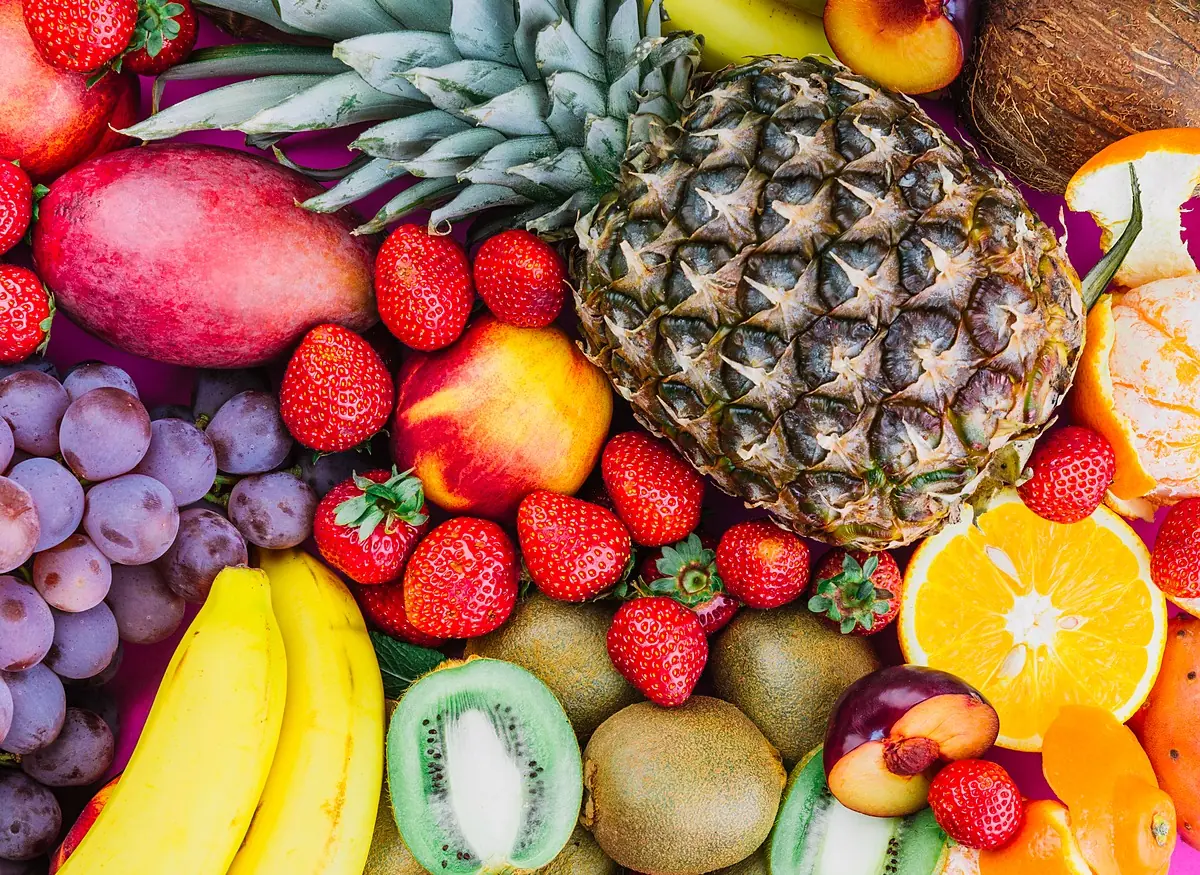
Eating Too Fast? Here’s Why Slowing Down Can Improve Digestion and Reduce Bloating
Eating Too Fast? Here’s Why Slowing Down Can Improve Digestion and Reduce Bloating

If you frequently feel bloated, gassy, or overly full after meals, the problem may not be what you're eating—but how you're eating. Eating too quickly is a common habit that can negatively affect your digestion, fullness signals, and even your long-term health.
Why Eating Too Fast Causes Bloating and Discomfort
When you rush through meals, your body doesn’t have enough time to register that you’re full. This delay in communication between your stomach and brain can lead to overeating, which often results in feelings of discomfort or heaviness.
Additionally, eating quickly often means swallowing more air, which contributes to bloating and gas. Poorly chewed food also puts extra strain on your digestive system, making it harder for your stomach and intestines to process what you’ve eaten. This can slow down digestion, causing further discomfort.
The Benefits of Eating Slowly
Experts recommend taking at least 20 to 30 minutes to finish a meal. This pace allows your body to:
-
Activate proper digestive functions
-
Accurately signal when you're full
-
Absorb nutrients more efficiently
Chewing your food thoroughly is a critical first step in digestion. It breaks down food into smaller pieces, making it easier for your stomach to handle and for your gut to absorb nutrients.
Eating Slower Can Help With Portion Control and Weight Loss
One of the surprising benefits of mindful eating is its impact on portion control and weight management. Studies show that people who eat slowly tend to consume fewer calories—often without even realizing it. By giving your body time to feel full, you're less likely to go back for seconds or overeat.
Easy Tips to Slow Down at Mealtime
If you're ready to improve your digestion and reduce bloating, here are a few simple strategies:
-
Put your fork down between bites
-
Chew each bite thoroughly (aim for 15–30 chews)
-
Avoid eating in front of screens to stay mindful
-
Drink water between bites to pace yourself
-
Set a timer to help stretch meals to 20–30 minutes
Conclusion: Small Changes, Big Digestive Benefits
Slowing down while you eat might seem like a small change, but it can make a huge difference in how you feel after meals. From reducing bloating and gas to supporting better digestion and portion control, the benefits of mindful eating are both immediate and long-term.
So next time you sit down for a meal, take a deep breath, chew slowly, and enjoy each bite. Your stomach—and your overall health—will thank you.
News in the same category


25-year-old woman explains condition that makes her ‘look like an 8-year-old’
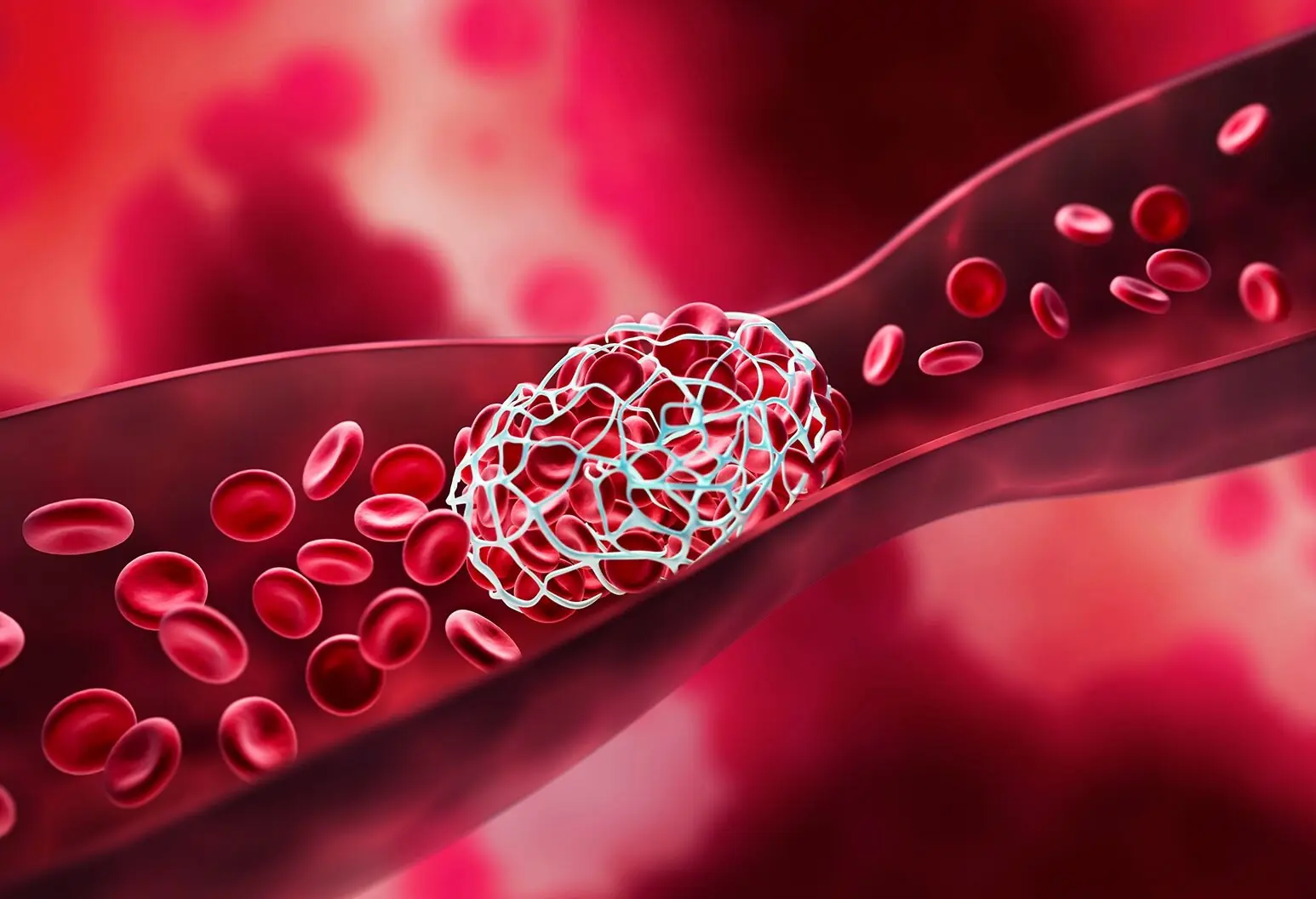
When There's a Blood Clot in the Body, It May Send You 4 Warning Signals You Shouldn't Ignore
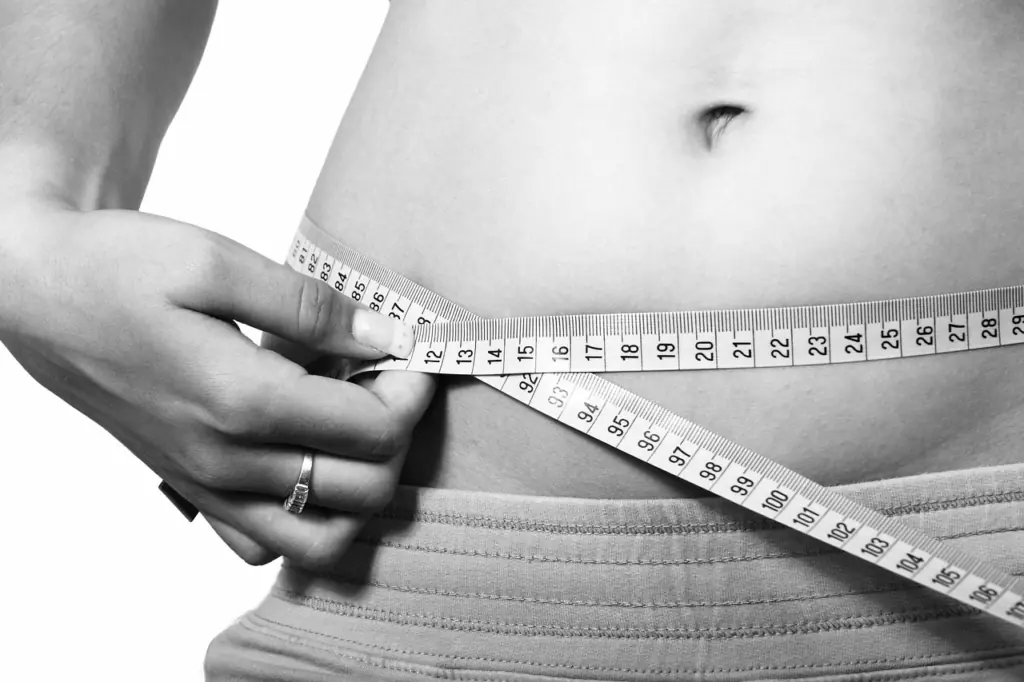
Inside The 36-hour Fast: How Your Body Transforms Hour By Hour In Viral New Simulation

Why Letting a Baby “Cry It Out” May Be Harmful: What Science Says

Rh-Null Blood: The World’s Rarest Blood Type, Also Known as "Golden Blood"

Recognizing Mini-Stroke Symptoms: A Crucial Step in Stroke Prevention
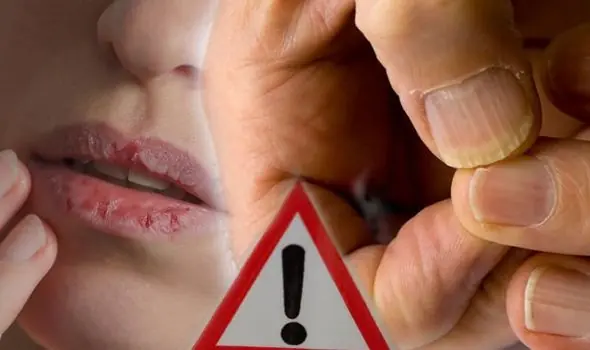
Experts Reveal 3 Warning Signs of Lip and Nail Cancer You Shouldn’t Ignore

Doctor Warns About the Risks of Not Washing Your Hair Regularly
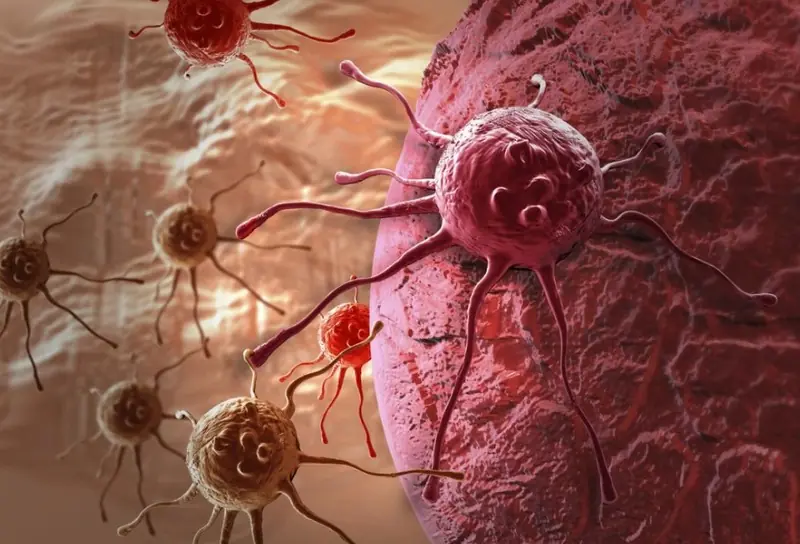
8 Foods That Are Natural Enemies of Tumors – Make Sure to Eat Them Regularly

Medical Experts Warn: 4 Early Morning Signs That Cancer Cells May Be Attacking Your Body
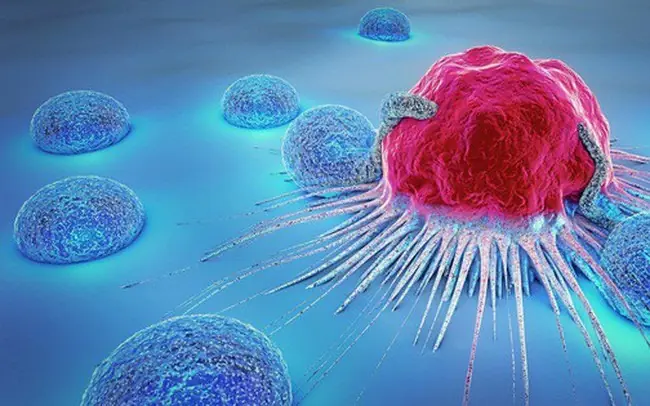
"On the Brink of Cancer: 5 Warning Signs Your Body Sends — Unusual Pain, Persistent Cough? See a Doctor Before It’s Too Late

Covid origin FINALLY revealed in bombshell study…and it might not have been China after all

Woman who dismissed symptom with back as 'injury' diagnosed with deadly rare cancer

'Healthy and active' woman, 30, diagnosed with cancer after doctor ignored subtle symptom
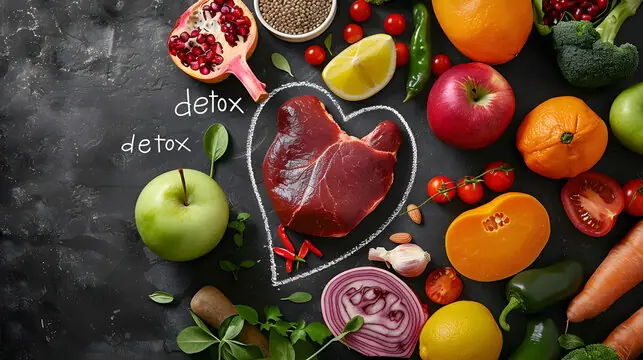
8 Powerful Foods to Naturally Cleanse and Detox Your Liver

Breakthrough Male Contraceptive Injection Offers Alternative to Condoms and Vasectomy
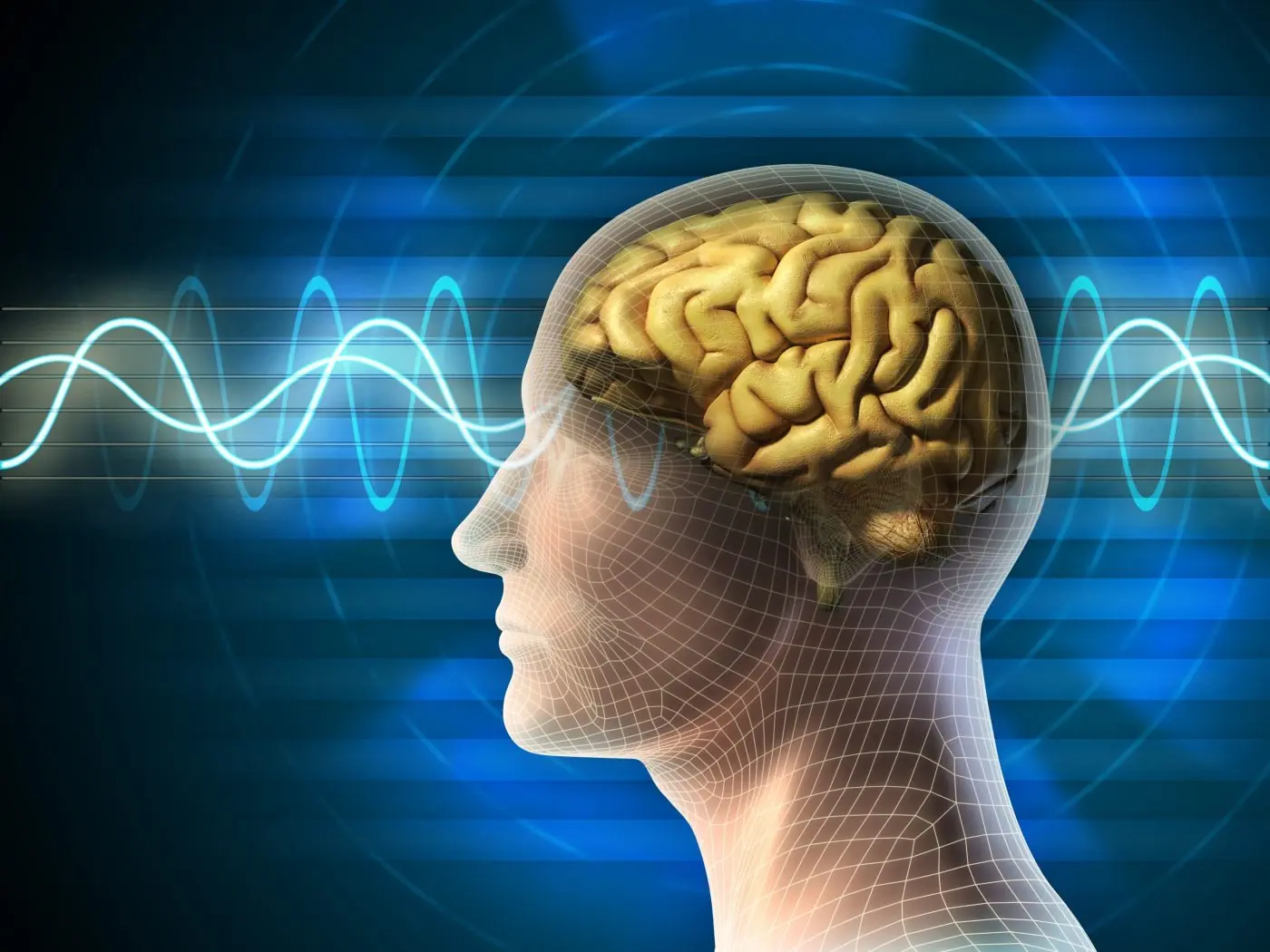
Scientists: 3 Days of Silence Is Enough to Rewire Your Brain
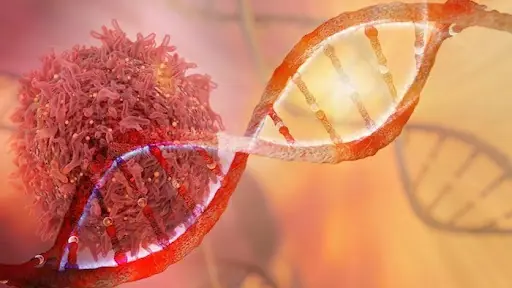
5 of the Best Anti-Cancer Foods — It’s Time to Start Adding Them to Your Diet
News Post

The Overview Effect: What Astronauts Realize After Seeing Earth from Space

5 Fruits Listed in the ‘Black Book’ That May Promote Cancer Cell Growth: Avoid Them No Matter How Cheap They Are

25-year-old woman explains condition that makes her ‘look like an 8-year-old’

When There's a Blood Clot in the Body, It May Send You 4 Warning Signals You Shouldn't Ignore

Ocean Currents Could Generate 2.5x More Power Than Wind Farms, Study Finds

Inside Super-Kamiokande: The Japanese Neutrino Detector Unlocking the Secrets of the Universe

Inside The 36-hour Fast: How Your Body Transforms Hour By Hour In Viral New Simulation

9 Natural Ways to Remove Plaque & Tartar Buildup
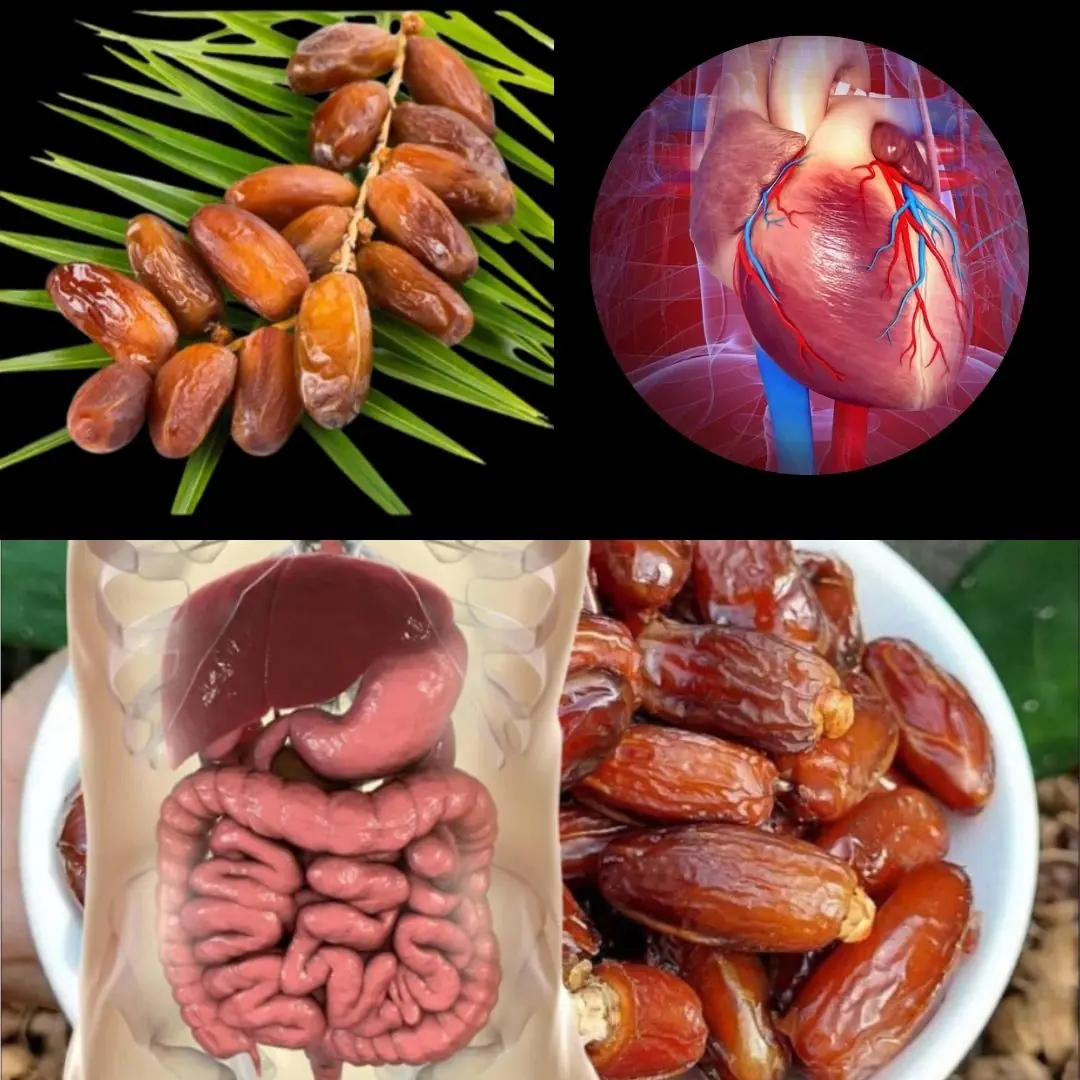
The Incredible Benefits of Dates: A Nutrient-Packed Superfood

Rude Parents Demanded I Not Eat on the Plane Because Their Spoiled Kid 'Might Throw a Tantrum' – I Taught Them a Lesson Instead

Woman Sees Her Husband Enter Motel with Girl and Come Out an Hour Later Shabby

My MIL Sabotaged My Daughter's Dress Before a School Pageant because She Wasn't Her Bio Grandkid

My FIL Insisted I Go On a Spa Weekend He Paid For – Halfway There, My Neighbor Called Screaming, 'It Was All Their Plan! Go Back Now!'

My Stepmother Kicked Me Out Two Days After My Father Died – The Next Morning, a Bunch of SUVs Showed up in Front of Her House

China’s Futuristic Ocean Lab Dubbed ‘Underwater Space Station’ Could Be Ready By 2030

Scientists Shock World By Turning Lead Into Gold — But There’s A Catch

Why Letting a Baby “Cry It Out” May Be Harmful: What Science Says

Rh-Null Blood: The World’s Rarest Blood Type, Also Known as "Golden Blood"
